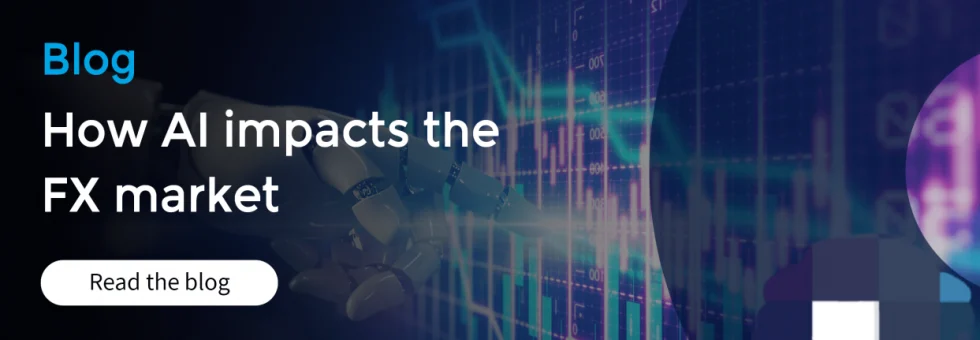The Unsung Economic Giant: The Tourism and FX Tourism is not all that much about leisure, but it is a very important branch of an economy to many nations. In 2023, the industry generated nearly 9.1 percent of the total GDP of the world or more than 9.5 trillion as per the figures of World […]
Q2 2025 has turned out to be that crucial quarter in the foreign exchange (fx) markets around the globe. The currency environment is changing both subtly and substantively alongside with the world in its process of economic readjustment since the pandemic, as well as in preparation of a super-election year. In cross-border operations that are […]
Geopolitics has been singled out as one of the major causes of variability in the financial markets particularly its foreign exchange (FX) markets. The currency fluctuations that are caused by political events can be unpredictable and usually occur quite abruptly as opposed to predictable economic factors such as inflationary pressures or the interest rates. The […]
Introduction. As an element of the modern global economy, data and analytics can be deemed as the holy grail of financial decision-making. The basic instruments of a market analyst are charts, technical indicators and historical models. But our recent years have proved that the data does not quite work accurately to predict how the markets […]
Artificial intelligence (AI) is rapidly transforming the financial landscape, particularly in foreign exchange (FX) markets. Traditionally dominated by human analysts and statistical models, FX forecasting now increasingly relies on machine learning algorithms, neural networks, and data-driven automation. This shift offers both significant opportunities and new challenges, especially for small and medium-sized enterprises (SMEs) navigating cross-border […]
Cross-border payments are an essential part of international trade, allowing businesses to pay suppliers, partners, and service providers overseas. However, with increased global transactions, the risk of invoice fraud has also increased. Fraudsters manipulate invoices to redirect payment to unintended accounts, leading to massive business losses. It is necessary to understand how to detect and […]
In the global economy today, companies tend to make cross-border payments for overseas suppliers, outsourcing services, or foreign market entry. However, big business international payments do not come without security risks, excessive fees, and regulatory challenges. Ensuring business continuity and financial efficiency is critical through safe and cost-effective international payments. This guide explains the best […]
In a world with online transactions at the center of international trade, protecting financial details is more than ever crucial. Foreign exchange (FX) dealings, particularly those of banks and businesses, represent huge sums of money moving internationally, and these are thus liable to be prime targets for intruders and data thefts. How to send large […]
Small and medium-sized businesses (SMEs) find it difficult to control costs, especially in an increasingly globalised business world. Traditional payment methods, including corporate credit cards and wire transfers, come with high fees, high FX rates, and slow processing. For international traders who are SMEs, controlling costs is key to remaining profitable. This is where virtual […]
Businesses in the UK depend on foreign suppliers for goods, services, and raw materials in the current globalised economy. However, bank fees, poor exchange rates, and hidden FX fees can make cross-border payments expensive. These expenses have the potential to damage cash flow and can lower profitability if it is managed improperly. Inflated exchange rate […]









